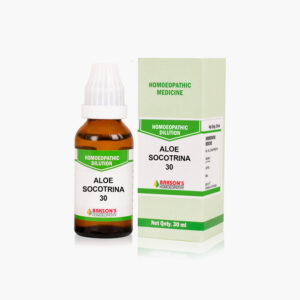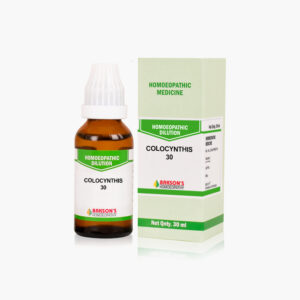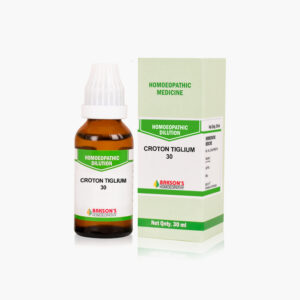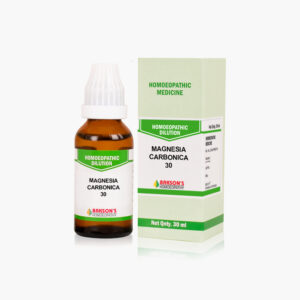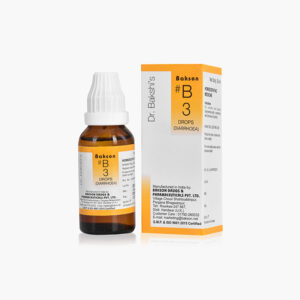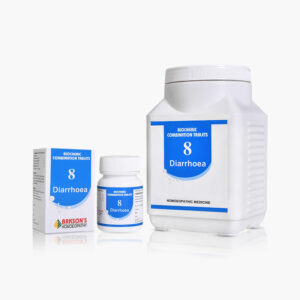What is Diarrhoea?
Diarrhoea is defined as three or more loose or watery stools in a day. It can be acute or chronic and infectious or noninfectious based on the duration and type of symptoms.
Acute diarrhoea is defined as an episode lasting less than 2 weeks most commonly caused by a viral infection. Chronic diarrhoea is defined as a duration lasting longer than 4 weeks and is non-infectious. Common causes include malabsorption, inflammatory bowel disease, and medication side effects.
Causes
There are various causes of diarrhoea, most common ones include:
- Intolerance to certain foods, such as lactose intolerance
- Food allergy
- Adverse reaction to a medication
- Viral infection – Rotavirus commonly causes diarrhoea in children.
- Bacterial infection due to Salmonella or E. coli.
- Intestinal disorders like Inflammatory bowel disease or Irritable bowel syndrome.
- Parasitic infection
- Gallbladder or stomach surgery
Signs and Symptoms
Patients with diarrhoea also complain of abdominal pain or cramping, vomiting, bloating, flatulence, fever, and bloody or mucoid stools. Dry mucous membranes, poor skin turgor, and delayed capillary refill are signs of dehydration which can also be seen.
The duration of symptoms, accompanying symptoms, travel history, exposures to medications and food, stool frequency, type, volume, and presence of blood or mucus are all taken into consideration to determine the cause.
Diagnosis
A thorough history and physical exam helps to determine the cause but certain investigations like complete blood count, basic metabolic panel, thyroid function, erythrocyte sedimentation rate, liver panel, and a stool analysis might be required in chronic cases.
Management
- It is important to replenish fluid and electrolyte loss.
- Eating foods that are lower in fiber aids in making stool firmer.
- A bland ‘BRAT’ diet including bananas, toast, oatmeal, white rice, applesauce and soup/broth may improve symptoms.
- Probiotic supplementation reduces the severity and duration of symptoms and should be encouraged in patients with acute diarrhea.
- The treatment of chronic diarrhoea is specific to the etiology.
Disclaimer: The information provided herein on request, is not to be taken as a replacement for medical advice or diagnosis or treatment of any medical condition. DO NOT SELF MEDICATE. PLEASE CONSULT YOUR PHYSICIAN FOR PROPER DIAGNOSIS AND PRESCRIPTION.



 Login
Login

